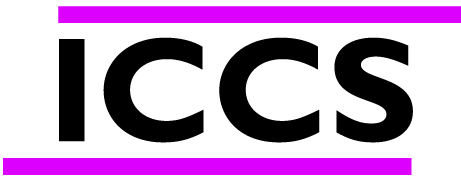This newsletter comes in a special time. The COVID-19 pandemic has changed the living and working together all over the world in a dramatic way. Also, formal education has been hit with 1.53 billion learners out of school, impacting 87.6% of the world’s total enrolled learners (UNESCO report ). Most governments around the world have temporarily closed kindergardens, schools, universities and other educational institutions in an attempt to contain the spread of the pandemic.
A virus has forced us to physical distancing, lockdown of societies, economy, traveling etc. Families and individuals come under stress because they have to balance everything at home, a living together combining nursery, home schooling, home office, socializing, entertaining, feeding and all other aspects of life. Home schooling is a massive shock to parents’ productivity, but also to children’s social life and learning. It also confirms and deepens the gap between those who have facilities and support by their families for home schooling and those who live in socially precarious situations without the needed conditions for safe learning spaces and technical equipment.
The cautious re-opening of schools has a focus on exams, introductory classes and basic subjects. One can say that Religious Education as a school subject has become a victim of the present situation because it is mostly neglected re-schooling under COVID-19 conditions today. However many initiatives were started to provide materials and tools for teaching and learning in Religious Education from home. Also the need of pastoral care in schools after re-opening has become obvious and many initiatives were implemented. The situation has also forced the digitalisation of education because distance learning becomes a need for many schools.
The question is also raised how strong is European solidarity in the corona crisis? Even if the economic and social consequences of the Corona crisis are not exactly predictable it is clear that the effects of the lockdown will be dramatic. Unemployment will rise, the income of many will drop, social inequality will increase and economic growth will collapse at least temporarily. In this situation not less but more European integration and solidarity is needed to overcome the crisis.
It is an urgent call of solidarity that comes with the crisis. Solidarity between the young and the old as the most vulnerable age group, solidarity between the rich and the poor in supporting help facilities and in caring for refugees who live in camps under inconceivable conditions with the hope for a better life for their families.
“What counts in life is human encounters.” The popular sentence of the Jewish philosopher Martin Buber should be remembered in these times of distance between family members, colleagues and elsewhere. The crisis shows the vulnerability of life, it produces many victims and creates an atmosphere of insecurity for many.
As far as possible, ICCS and IV continue their activities with digital tools and hope for future circumstances that allow physical meetings in conferences and seminars to come in autumn this year or latest in spring next year.
This issue of the newsletter is also the last one with the name of Dr Peter Schreiner beneath. After many years, he resigns as president of ICCS in the end of June as well as from the position as moderator of CoGREE. We thank him from the bottom of our hearts for his many years of substantial contributions to questions of European responsibility in education from a Protestant perspective and for his collegial participation in the fruitful cooperation between ICCS and IV!
Dr. Tania ap Siôn and Dr. Peter Schreiner (ICCS)
Michael Jacobs and Piet Jansen (IV)
